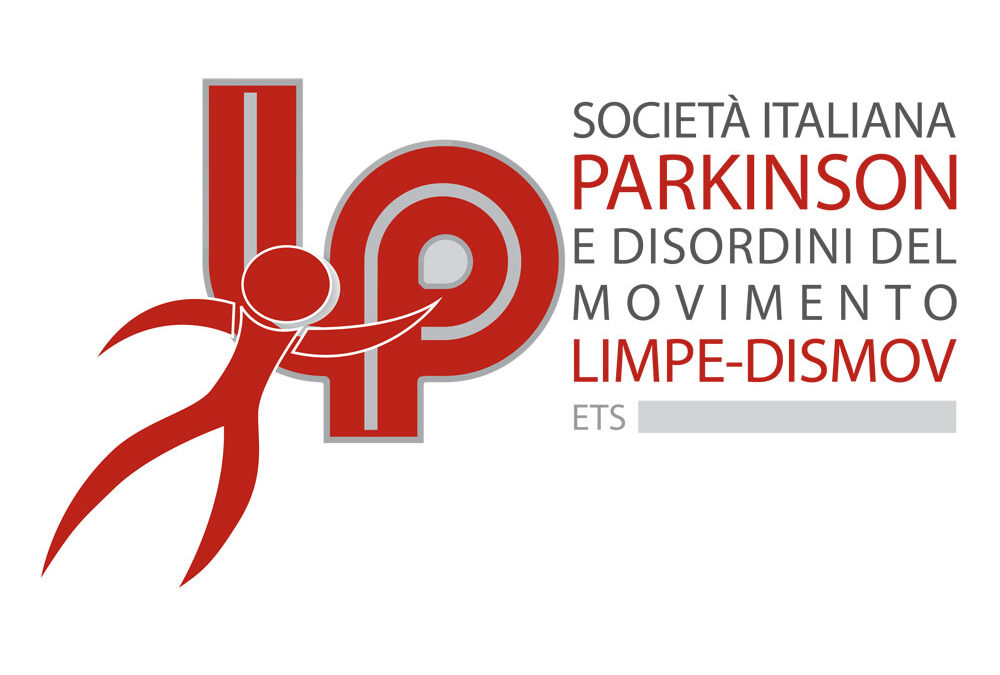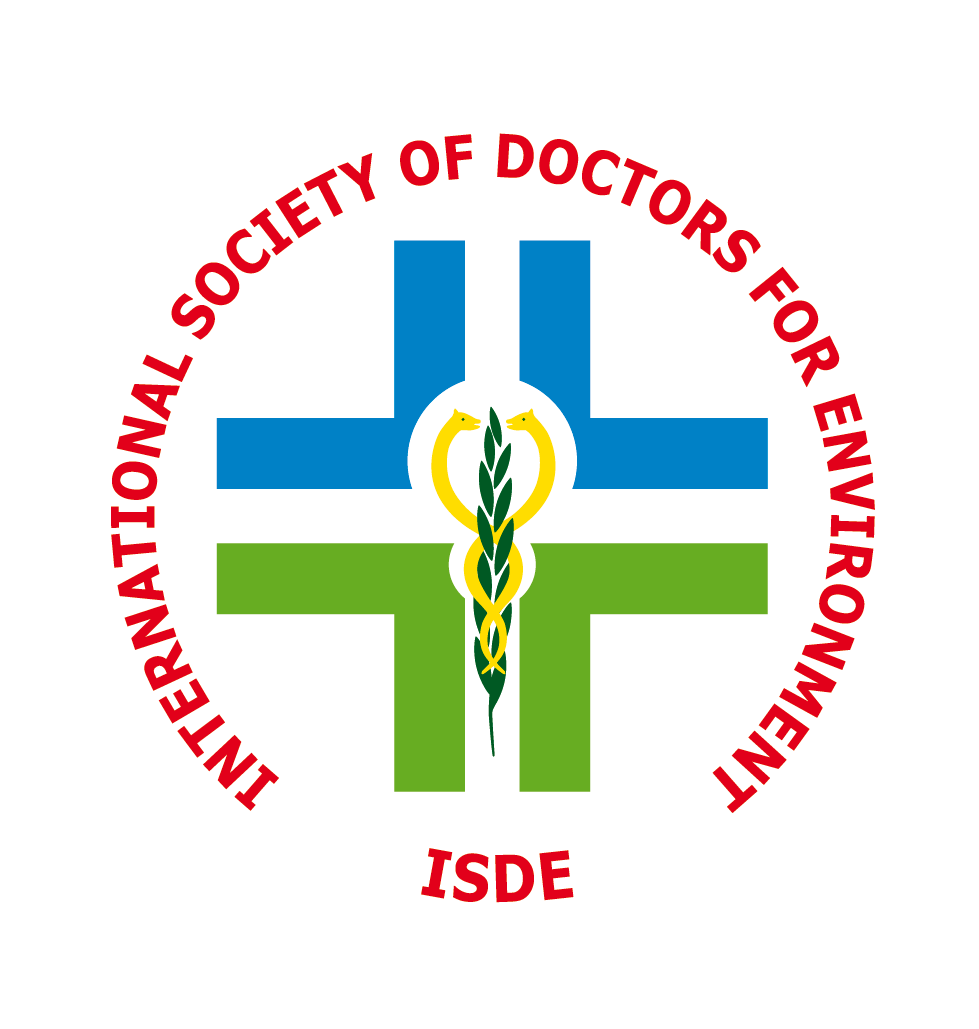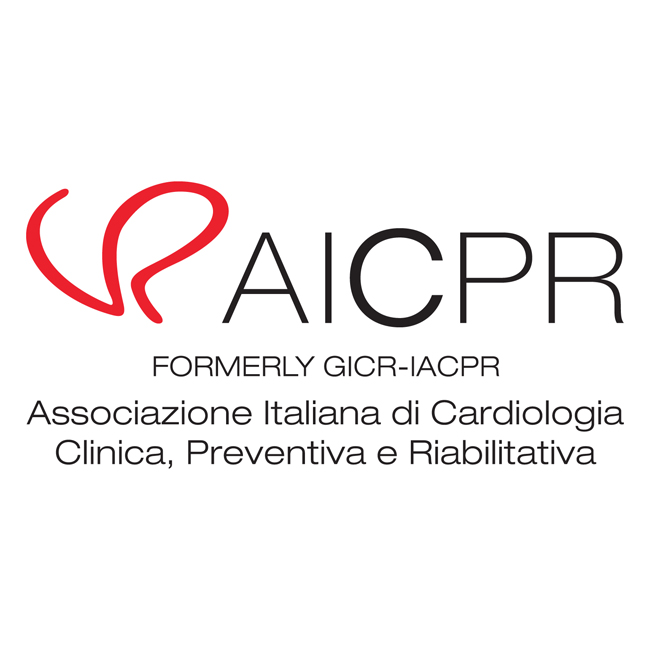
by cristiano | Oct 17, 2018
According to recent evidence, therapy with anti-Parkinsonian drugs is inappropriately discontinued or modified in a large percentage (up to 75%) of patients with Parkinson’s disease who are admitted to emergency or non-neurological hospital wards. This is one of...

by cristiano | Oct 17, 2018
Levodopa prescription as a drug treatment in Parkinson’s disease is often delayed in favour of other drug categories (such as dopamine agonists) due to concerns about the risk of drug-induced motor complications or levodopa toxicity. However, recent evidence has...

by cristiano | Oct 17, 2018
People with Parkinson’s disease may require medication for other reasons. Their general practitioner should therefore be careful to consider any prescriptions from other specialists for drugs that may worsen certain motor and non-motor symptoms of the disease....

by cristiano | Oct 17, 2018
Microrganisms are always important, and in particular in the early years of development. Few germs are pathogenic: most of them make us live and grow in health. The above infections are mainly from viruses, against which antibiotics (AB) are useless. Even when caused...

by cristiano | Oct 17, 2018
Despite of high frequency of bacteremia associated to dental procedures, the related risk for infective endocarditis (IE) is very low, both in general population and in cardiac patients. Extensive use of profilaxis is not supported by evidence. Profilaxis should be...








Recent Comments